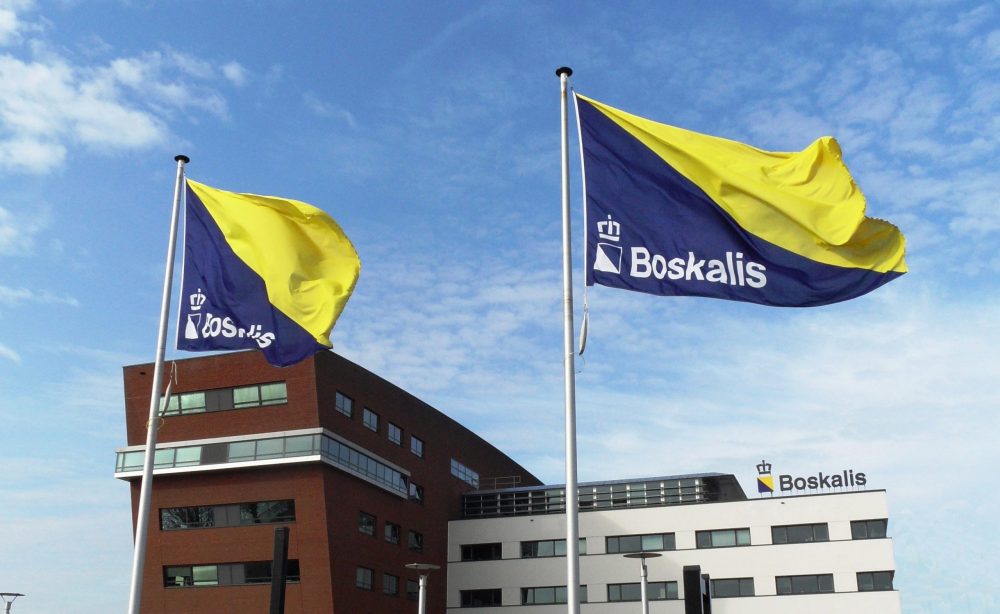
Boskalis, a prominent dredging and maritime services provider, has made the strategic decision to completely avoid navigating the Red Sea due to continuous attacks by Houthi rebels on maritime traffic. The company’s CEO, Peter Berdowski, revealed that a ‘standing order’ is in place, redirecting their vessels through African routes to ensure their safety.
Boskalis, well-acquainted with the region, emphasized the untenable situation caused by recent escalations. Berdowski explained, “We sail with heavy vessels and large objects. So, we do not make much speed, and then you are a bit of a sitting duck in such a situation.” The detour, however, results in a significant two to three weeks delay, impacting the company’s ongoing major repairs in Singapore.
Security in the Red Sea could be improved with secured convoys, Berdowski suggests, acknowledging the need for more naval vessels than currently available. This, he believes, is the only scenario that can guarantee a safe passage.
Global Shipping Giants Follow Suit
The International Maritime Organization (IMO) reports that eighteen logistics companies, including MSC, Lloyd, and Maersk, have opted to avoid the Red Sea route. Maersk’s CEO, Vincent Clerc, anticipates this situation lasting for months, increasing the travel distance by 13,000 kilometers per container and incurring hundreds of additional dollars in costs.
Clerc warns that the repercussions could disrupt global supply chains and the economy, affecting consumers and product availability in the short term. The attacks have already led to a 70% reduction in container traffic, as reported by the German Kiel Institute for the World Economy, signaling potential widespread disruptions.
Inflation Concerns and Impact on Industries
Defence specialist Peter Wijninga suggests that the West’s indifference to the Red Sea situation could lead to rampant inflation. Closing the sea route as an alternative would force ships to detour approximately 12,000 kilometers to reach Europe, resulting in higher energy costs and exacerbating the ongoing battle against inflation.
The tensions in the Red Sea have even influenced electric vehicle manufacturer Tesla, prompting the suspension of a significant portion of its production in a Berlin factory from January 29 to February 11. The company cites delays in receiving components due to ships avoiding the Red Sea.
Importers Face Anxiety Over Supply Chain Delays
Netherlands-based importers of fruits and vegetables express growing concerns over the Red Sea blockade. Eric Brückner, the CEO of Timerfruit, highlights the significant worry, especially with the upcoming grape harvest in India. The extended transit times due to the detour via the Cape of Good Hope may lead to delays of 35 days or more, impacting the freshness of perishable goods.
This escalating situation in the Red Sea is not only disrupting maritime operations but is creating a domino effect across various industries, causing logistical challenges and economic uncertainties on a global scale.
Source: BNR Radio


